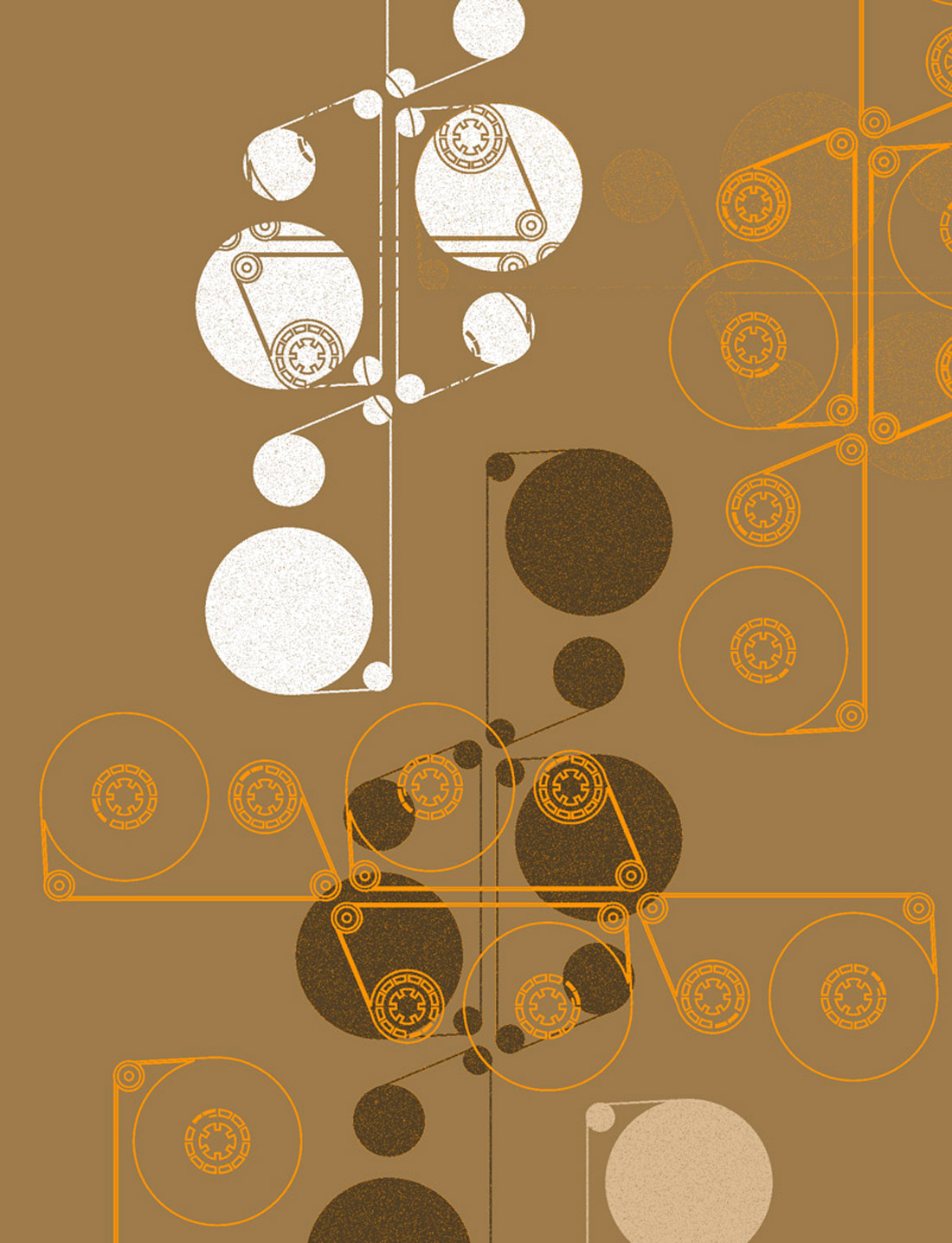I travel a lot — enough that I've been awarded a lifetime Platinum membership with American Airlines for flying two million miles, and I recently converted my Amtrak points into $2000 worth of retail gift cards. I also ride my bicycles a lot — more than I drive a car. No matter my form of transportation, I often carry an ultraportable laptop with me. And if I'm going to a studio or a live recording session, I'll pack a selection of mics and other recording tools. For two decades, I relied on courier bags — first custom bags from Courierware (formerly Cambridge Courierware; www.courierbags.com) and then from Chrome (www.chromebags.com). A courier bag might as well have been surgically attached to me. In fact, each time I saw a new doctor, I was asked if I played baseball because my shoulders and upper back were so asymmetric. Eventually, I was experiencing enough pain in my weight-bearing shoulder and upper arm that I got into the habit of swapping my courier bag for a backpack when I wasn't on a bike. Last year, I made the full switch to a backpack. My primary backpack now is the weatherproof Mission Workshop Rambler ($239 direct; www.missionworkshop.com). I love its sleek profile and its rigid internal frame; it's comfortable and stable when I'm on a bike or motorcycle. A wraparound outer zipper allows it to expand to double its internal volume, and it has various straps and tie-downs so the pack doesn't get wobbly, no matter how much (or how little) I'm carrying. When I flew to San Francisco for the AES show, the Rambler held my laptop, three days of clothing, and the Quantec 2496 reviewed in this issue — and it still fit under the airplane seat. I also own the Rambler's larger sibling, the Vandal ($259 direct) for when I'm packing more gear. Unfortunately, the Vandal is too long for underseat stowage while flying. My one real gripe about these backpacks is their all-black interiors. They might as well be bottomless pits; peer into them, and you can't see a thing. I've therefore become very adept at feeling my way through whatever belongings I place into these bags. Mission Workshop, by the way, was started by the two guys who founded Chrome. Their retail store and headquarters in SF is DIY beautiful, and when I visited, I was handed a beer and given a tour. If you're less of a biker and more of a gear hound, the M-Audio Studio Pack ($90 MSRP; Tape Op #33) is worth considering. In its subdivided interior, it will carry a laptop, a 25-key MIDI controller, an audio interface, headphones, etc. A top flap gives you easy access to everything even when the backpack remains under an airplane seat. I recently purchased a Lowepro Vertex 200 AW camera/laptop backpack ($230 street; www.lowepro.com) for my architect/musician (and Tape Op contributor) brother. Its padded, semi-rigid interior includes plenty of reconfigurable dividers — perfect for carrying expensive tube mics and their power supplies, as well as other fragile gear — and the main flap has a protective laptop compartment. Outer pockets have built- in sleeves to carry USB drives, memory cards, CDs, cables, etc. There are stabilizing straps abound and attachment points for auxiliary bags and holsters; and a harness system is included to carry a tripod. Moreover, an included all-weather sheath can be pulled out of its special pocket and around the whole bag if you're stuck in a monsoon or snowstorm. As far as I can tell, Lowepro manufactures a hundred different bags and cases; check their website for more ideas. -AH

